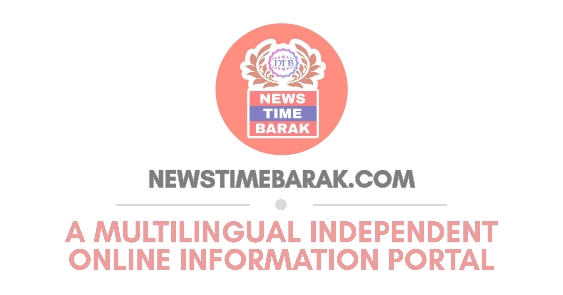AI and Youths: Are We Outsourcing Our Thinking?

By Kamaldip Purkayastha
Social Worker, Student,Author
In an age dominated by artificial intelligence (AI), our lives have become remarkably easier—but also, perhaps, more dangerously dependent. While AI continues to evolve at breakneck speed, influencing everything from how we shop to how we communicate, a pressing concern has emerged: Are today’s youths gradually giving up the habit of critical thinking?From writing school essays using AI tools to solving mathematical problems through apps, an increasing number of young minds are relying on machines to think for them. At first glance, this may seem like progress—a shortcut to productivity, a new way to learn faster. But at what cost?The danger lies not in the technology itself, but in how it is being used. AI was created to augment human potential, not to replace it. Yet, many students now turn to chatbots for homework answers, use automated tools to generate project work, or lean on AI-powered grammar checkers without ever understanding the language rules themselves. This growing dependency risks replacing learning with copy-pasting.According to psychologists and educators, the formative years of a student’s life are meant to build analytical skills, imagination, and problem-solving abilities. These cannot be outsourced. When thinking is left to machines, our brains stop stretching. Creativity stagnates. Originality suffers.What’s more alarming is that youths, increasingly influenced by quick-fix solutions, are beginning to lose patience with complex thinking. Why struggle through a difficult question when an app can give you the answer in seconds? But this mindset is slowly dulling our intellectual edge. Knowledge acquired without effort is seldom retained.There is also the question of integrity. Schools and colleges are already grappling with rising cases of AI-assisted plagiarism. If we raise a generation that cannot distinguish between producing work and merely generating it, are we not heading towards a future devoid of innovators and thinkers?However, all is not bleak. AI can still be an incredible learning companion—if used wisely. It can provide insights, explanations, and exposure to vast information. It can simulate real-world problem-solving and even assist in skill development. But the responsibility lies with both educators and students to ensure that AI complements learning, rather than replacing it.The call of the hour is to strike a balance: embrace technology without surrendering to it. Encourage young minds to ask questions, explore answers, and build knowledge the traditional way—with curiosity, effort, and critical thinking. AI can be a powerful tool, but the human brain remains the most remarkable machine ever created.Let us not allow convenience to overshadow consciousness. Let today’s youth use AI, not as a crutch, but as a catalyst for deeper, independent thinking.
